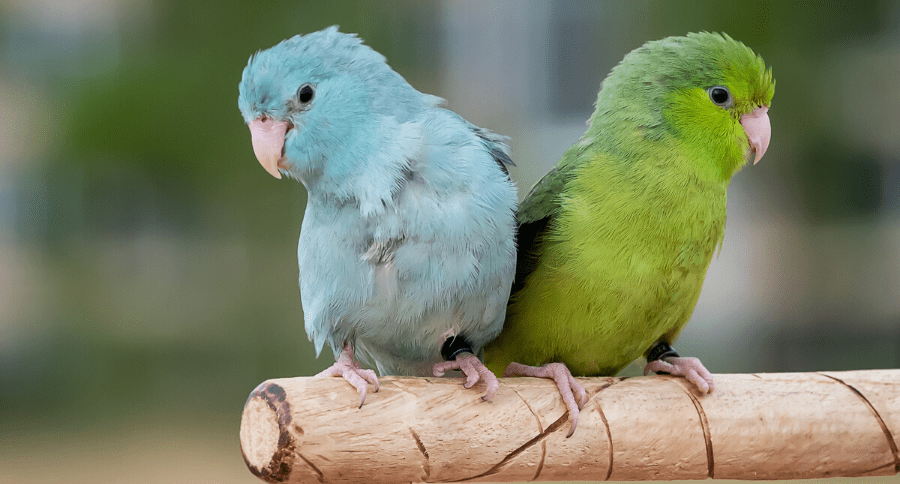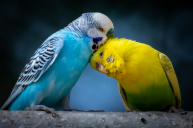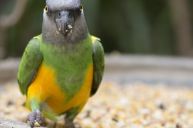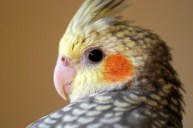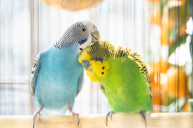Parrotlets are the smallest of the New World parrots. They form strong bonds with their owners and make great pets when properly raised. atelThere are several species of parrotlet, but only two are commonly found as pets. Experts at Lafeber tell us that The Pacific parrotlet is the most popular.
- The Pacific parrotlet (Forpus coelestis)
"They have the personality of a "large bird in a small bird's body," and are often compared to Amazon parrots, a family of parrots said to be their close cousins. Indeed, they do resemble the Amazons, with short, stout bodies and a somewhat blunt tail."
- The green-rumped parrotlet (Forpus passerinus)
"They are a little gentler than the Pacific parrotlet, but may take a longer time to acclimate to new surroundings. This species might be better for the parrotlet novice."
Some important facts about your parrotlet:
They live for a very long time! Some live as long as 30-years-old. Also, the biggest danger is your pet parrotlet growing bored so you must handle them daily. They are adorable so we wanted to get these two facts out of the way! Some can even learn to talk.
How do you care for parrotlets?
Lafeber experts explain that just because this bird is small their housing should not be!
"A spacious wide cage with 1/4 inch bar spacing is ideal. These are active birds that need their play space and plenty of toys to keep them busy. Parrot kabobs and other shreddable toys are parrotlet favorites, and they also like swings and boings.
Parrotlets should have a pellet-based diet supplemented with fresh fruits and vegetables, as well as some seed. They also need a calcium source, such as cuttlebone. You might have to dice up their fruit so they can sink their tiny beaks into it."
How long do parrotlets live?
https://www.instagram.com/p/B5ebPrMl0OS/
You have to be prepared to take care of them for a super long time! Their life span is up to 20 but they can live for as long as 30 years. Be prepared to put them in your 'will' pending your age.
Do they talk? They mimic!
The Spruce Pets tell us that while they are very small birds, some Parrotlets can learn to talk, and some develop rather impressive vocabularies.
"While it isn't a guarantee that a Parrotlet will do anything beyond a chirp or screech, it never hurts to try to teach them. A word of caution, however?the only way to be sure that you are getting a bird that will talk is to adopt a bird that already knows how to talk?so please don't rush out and adopt a Parrotlet expecting it to be a little chatterbox."
What about health conditions? Behavior?
https://www.instagram.com/p/B5bnEhDFaD9/
This goes for all parrots, a parrotlet's curiosity, combined with its small size, can make it accident-prone. Always supervise your birds. They're only 5 inches in length.
These birds need a lot of exercise and social interaction with their owners. There are lots of creative ways to give pet birds exercise. Experts say 3 to 4 hours of handling and socialization a day!
Other birds to consider are parakeets, love birds, pocket parrots, cockatiels, budgies, and there are larger parrots.
Have you ever seen parrotlets? Please leave us a comment below!
WATCH NOW: Budgerigars Are Little Birds!
